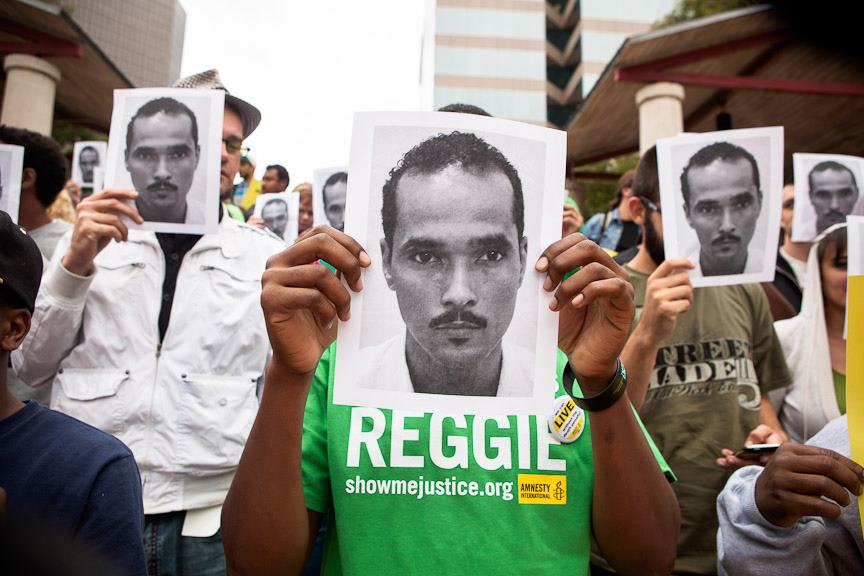
By Zack Michaelson, Former AIUSA Board member, 2009 – 2013.
Richard Glossip was sentenced to death in 1997 following a murder-for-hire conviction in the homicide case of motel owner Barry Van Treese in Oklahoma City. However, the only evidence used to prosecute Glossip was a questionable story told by the murderer, a former co-worker of Glossip, Justin Sneed. Sneed was spared the death penalty, receiving a sentence of life without parole, in exchange for his implicating story against Glossip. There is no evidence for Glossip’s role in the murder beyond this implicating story offered in a bargain with prosecutors. Even Justin Sneed’s daughter has filed petitions for clemency, declaring, “[she] strongly believe[s] he is an innocent man sitting on death row.” Richard Glossip has consistently maintained his innocence for nearly twenty years now. So what is the problem? SEE THE REST OF THIS POST







 Over the last year, activists like you have taken
Over the last year, activists like you have taken